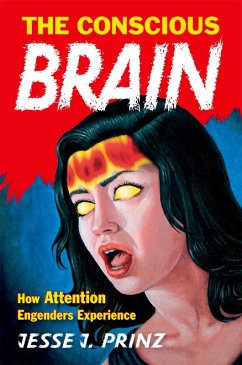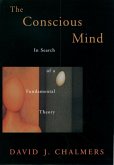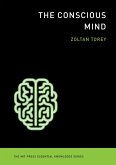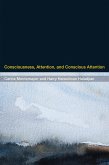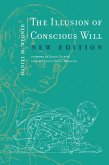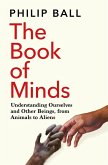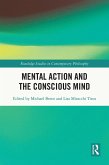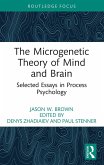The problem of consciousness continues to be a subject of great debate in cognitive science. Synthesizing decades of research,
The Conscious Brain advances a new theory of the psychological and neurophysiological correlates of conscious experience. Prinz's account of consciousness makes two main claims: first consciousness always arises at a particular stage of perceptual processing, the intermediate level, and, second, consciousness depends on attention. Attention changes the flow of information allowing perceptual information to access memory systems. Neurobiologically, this change in flow depends on synchronized neural firing. Neural synchrony is also implicated in the unity of consciousness and in the temporal duration of experience. Prinz also explores the limits of consciousness. We have no direct experience of our thoughts, no experience of motor commands, and no experience of a conscious self. All consciousness is perceptual, and it functions to make perceptual information available to systems that allows for flexible behavior. Prinz concludes by discussing prevailing philosophical puzzles. He provides a neuroscientifically grounded response to the leading argument for dualism, and argues that materialists need not choose between functional and neurobiological approaches, but can instead combine these into neurofunctional response to the mind-body problem.
The Conscious Brain brings neuroscientific evidence to bear on enduring philosophical questions, while also surveying, challenging, and extending philosophical and scientific theories of consciousness. All readers interested in the nature of consciousness will find Prinz's work of great interest.
Dieser Download kann aus rechtlichen Gründen nur mit Rechnungsadresse in A, B, BG, CY, CZ, D, DK, EW, E, FIN, F, GR, HR, H, IRL, I, LT, L, LR, M, NL, PL, P, R, S, SLO, SK ausgeliefert werden.

